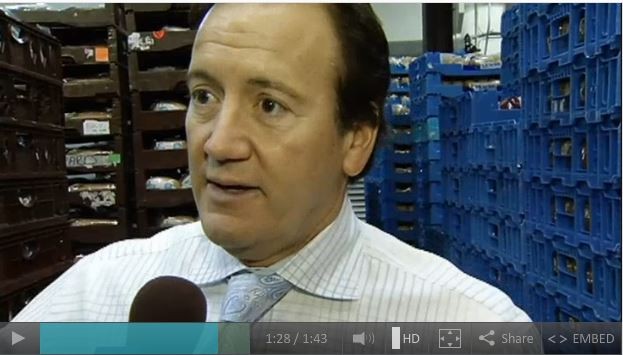American Bakers Association Volatility in the Commodity Futures Market American Bakers Association
Post on: 18 Апрель, 2015 No Comment

Volatility within the commodities futures markets has dramatically increased since early 2005. Traditional tools once used for price discovery functions are much less effective. Market fundamentals have drastically changed and the results have greatly impacted the way markets operate today.
Index funds play a major role in today’s volatility. Currently, index funds operate under the definition of a commercial hedger. Typically, this definition is reserved for entities that either produce or take delivery of the commodity. Index funds should operate within the markets under the same purview as the traditional speculator, who is subject to necessary position limits, preventing these entities from manipulating the price of any commodity.
- Baking Industry Impact
- ABA Position and Status
- CFTC Position Limit Rule

- Volatility in today’s wheat futures markets represents millions of dollars daily in undue financial risk for bakers. Farmers often have difficulty pricing their products past the spot month (month of delivery), and the ability for food producers to financially plan for their company’s future is limited. Volatility caused by index funds is detrimental to the function and intent of the agricultural futures market.
The Commodity Futures Trading Commission (CFTC) must treat index funds as traditional speculators, ensuring that funds operate under necessary contract limits.
In September 2011, the CFTC narrowly approved the proposed rule that will address volatility through imposing position limits on index funds operating in the wheat futures market. Wall Street groups objected to the rules final passage and have sued the CFTC, arguing that this new rule goes well beyond the intent of Congress when passing the Dodd/Frank financial reform package. This rule will not move forward until the courts have made a decision on the legality of the rule.
What is the goal of the rulemaking?
The rulemaking establishes limits on positions in physical commodity futures contracts as well as swaps that are economically equivalent to those contracts, as mandated by the Dodd-Frank Wall Street Reform and Consumer Protection Act of 2010, and establish position limits and related standards for registered-entity set. The position limits framework would enable the Commission to meet its statutory responsibility for setting limits in order to combat excessive speculation and manipulation while ensuring sufficient market liquidity and efficient price discovery.
What will the rule do?
- The definition of a commercial hedger has been narrowed so that only true hedgers, such as farmers and bakers, would fit under this definition.
- Index funds will now have to invest under set limits.
- Position limits are increased:
- Current single month contract limits is 5,000, increased to 9,000.
- Current all months contract limit is 6,500, increased to 12,000
When does this rule go into effect?
The rule will go into effect 60 days after the term swap can be further defined by the CFTC. Currently there is no timeline for making that determination.














